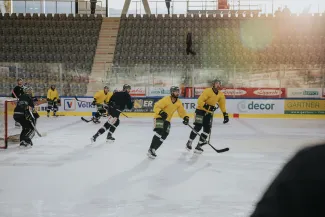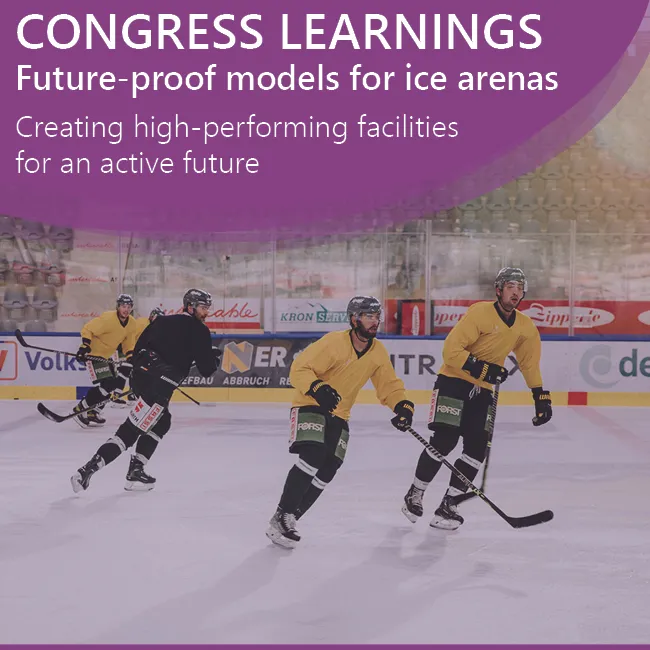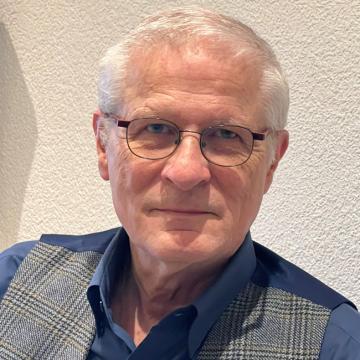
Future-proof models for ice arenas
Moderator: Mark Hentze, Sport & Recreation Design Practice Leader, DIALOG, Canada
These presentations explore how arenas can serve as sustainable, community-oriented landmarks.
From 3XN’s approach to designing arenas that harmonize sport, civic engagement, and local context, to Munich’s SAP Garden showcasing energy-efficient engineering, and strategies for revitalizing ice arenas across urban and rural settings, the talks highlight practical solutions for extending facility lifespans. Case studies illustrate how mechanical upgrades, electrification, and heat recovery can reduce energy use, lower carbon emissions, and improve operational efficiency, demonstrating how thoughtful design and renovation can transform arenas into resilient, socially valuable, and environmentally responsible community assets.

On the panel
Arenas as good neighbours: 3XN’s approach to designing for sport, community, and context
Olaf Skov Kunert, Senior Associate, 3XN, Denmark
SAP Garden, a 62,500m² arena in Munich’s Olympic Park by 3XN with CL MAP and Latz + Partner for Red Bull, opens September 27, 2024. Home to EHC Red Bull Munich and Bayern Munich basketball, it includes three public ice rinks. Concealed rinks under an artificial hill, green roof, dynamic pilaster façade, adaptable interiors, and capacities of 10,700 (ice) and 11,500 (basketball), plus VIP, shops, restaurant, gaming, offices, rooftop terrace.
SAP Garden in Munich – Energy-efficient engineering
Benjamin W. Bührer, Owner, BBP Ingenieurbüro AG, Benjamin Bührer & Partner, Switzerland
The building complex of the SAP Garden in Munich requires enormous amounts of energy for heating, hot water, cooling, dehumidification and ice production. The interaction of all trades with a focus on general energy efficiency, but above all the comprehensive recovery of heat and cold and the coupling of the systems with appropriately adjusted operating temperatures, ensures an energy-efficient overall system.
Revitalizing ice arenas – sustainable renovation strategies for urban and rural communities
Scott Ghomeshi, Associate Principal, Introba, Canada
This presentation explores practical and scalable renovation strategies aimed at extending the lifespan of existing arenas, with a focus on mechanical plant upgrades and the associated im¬pacts on energy performance, carbon emissions, and operating costs. Drawing from case studies across both urban and rural Canadian contexts, we examine how targeted interventions—such as refrigeration plant retrofits, electrification, and heat recovery systems—can transform aging infrastructure into resilient, efficient, and lower-carbon community assets.


